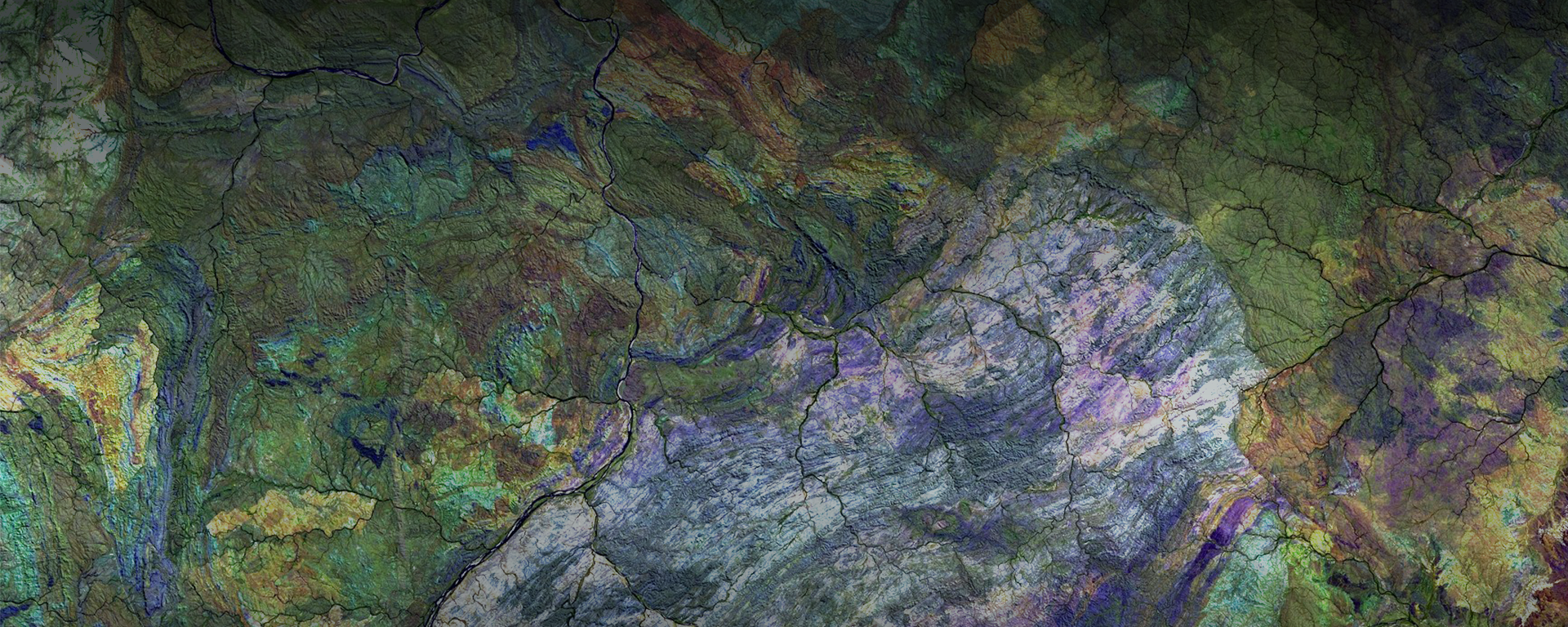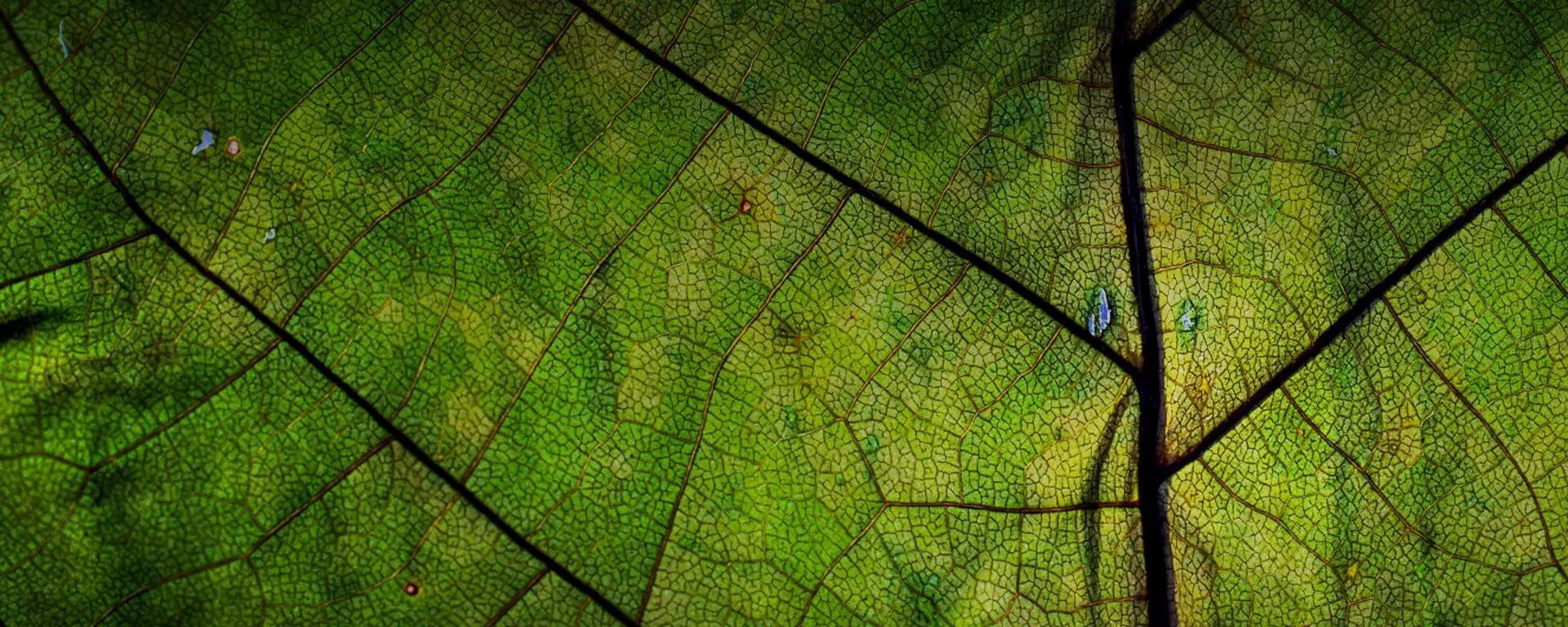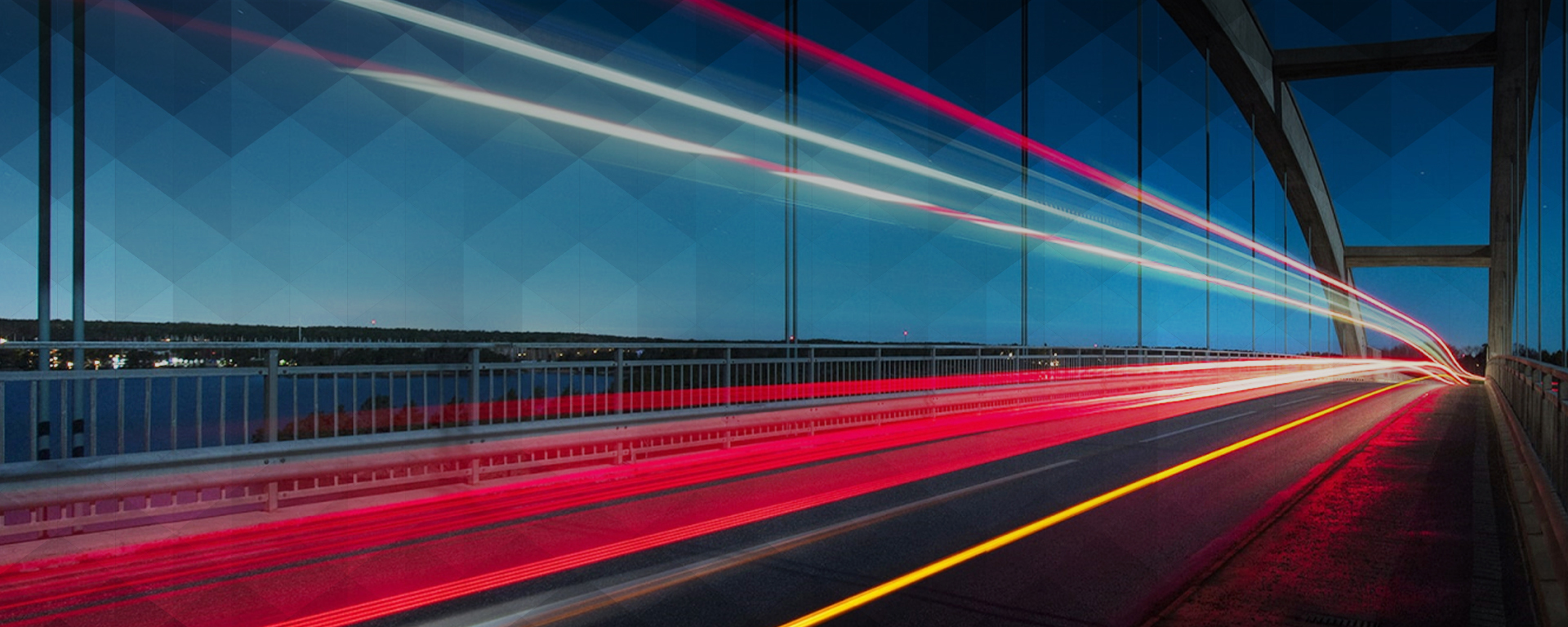What is eco-efficiency?
Eco-efficiency describes a key figure that defines the relationship between economic output (value added) and the emissions and environmental impact caused. Eco-efficiency thus encompasses economic and monetary indicators as well as ecological ones.
For the assessment of environmental impacts (e.g. carbon footpring), the life cycle assessment method is often used. Alternatively, emissions, energy consumption or the volume of waste can also be used as key figures.
For companies, increasing eco-efficiency is desirable in order to reconcile sustainability goals and economic objectives. In addition, measures to reduce environmental impacts can be assessed and compared in terms of their cost-effectiveness.
Goals
Goals eco-efficient companies will set:
- Reduce material consumption
- Reduce energy consumption
- Enhance recyclability
- Maximise use of renewables
- Extend product life
- Improve the product and service benefit
Benefits
Defend and expand the market position by:
- Save money by efficient use of resources
- Obtain new innovations in the field
- Be more attractive for customers
- Be more attractive as an employer
- Support to develop a sustainable business environment
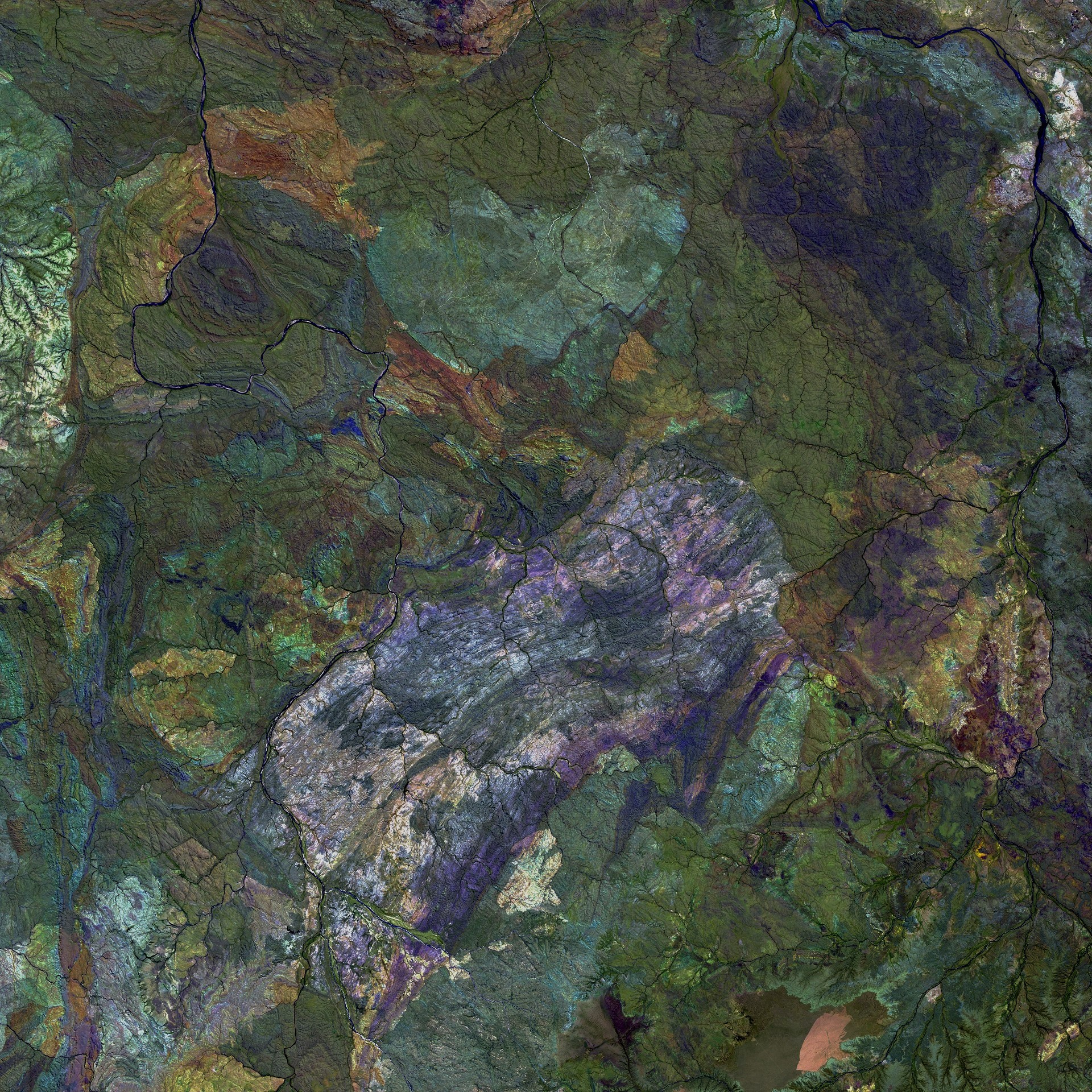
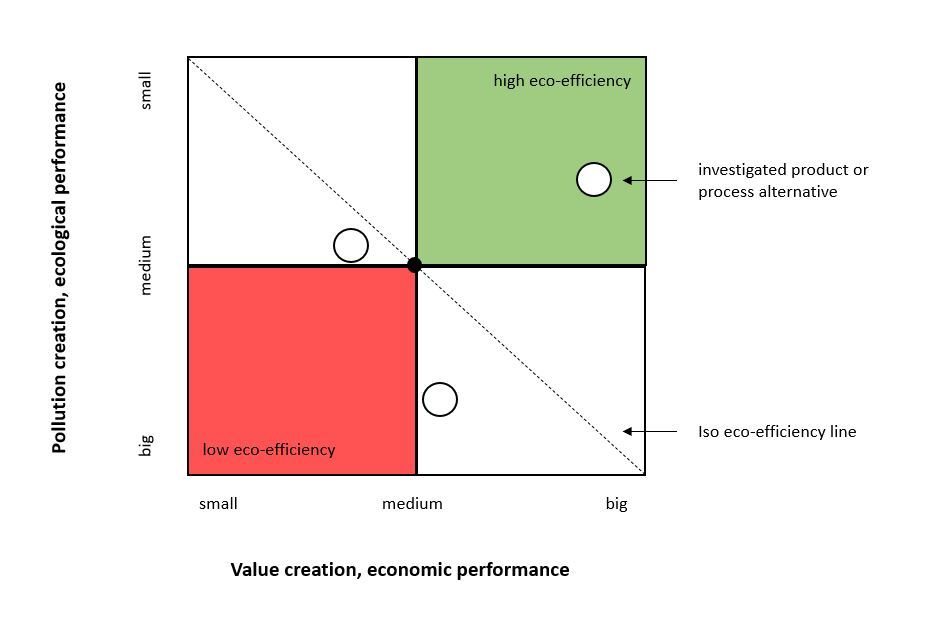
Eco-efficiency analysis
In order to improve eco-efficiency, the instrument of eco-efficiency analysis has been developed and established. This is often done on a product or process level.
Measurement of value creation
Various indicators can be used to measure economic performance, e.g. sales potential.
Measurement of environmental impact
To measure environmental performance, a life cycle assessment according to ISO 14044 can be carried out.
Presentation of results
Both key figures are compiled in a portfolio diagram, to identify the most eco-efficient solution or product.
Advantages
Support for strategic decision
With the use of an eco-efficiency analysis, it is possible to distinguish sustainable products from less sustainable ones when making strategic decisions for the particular application; the eco-efficiency analysis can also provide valuable information for investment considerations.
Support for product development
Conducting the analysis also serves research and product development. Promising products can be identified at an early stage, and the most influential factors on the prospects of success are quantified.
Involving the customers
An eco-efficiency analysis considers the entire life cycle of the product, so the customer's influences are also integrated into the analysis. This supports the communication of a holistic view of the product life cycle for the customer.
Disadvantages
Complexity
It is proving difficult to reliably identify and quantify every single environmental and social impact of products and processes. Hence an eco-efficiency analysis serves as a good overview but doesn't show the exact reality.
Risk of misinterpretation
Since the information is highly summarized using an eco-efficiency analysis, there is room and risk of misinterpretation.
Not in line with sustainability goals
Some critics complain that less harmful products are not environmentally friendly. Instead of eco-efficiency, they argue, attention should be paid to eco-effectiveness, in the sense of entirely environmentally friendly and waste-free products.
Furthermore, social aspects, one of the three pillars of sustainability, are insufficiently considered.
Practical Applications
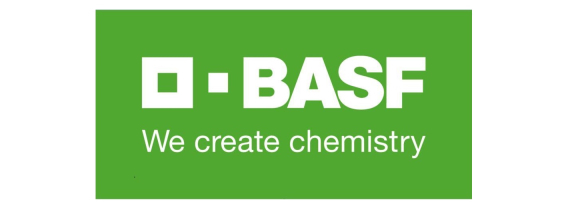
Use Case - BASF
BASF - as one of the largest chemical company worldwide - introduced the eco-efficiency analysis tool in the 1990s. They have long been aware of their responsibility toward the environment and society.
For example, BASF committed itself to the ideas of Sustainable Development and Responsible Care at the beginning of the 1990s. BASF is also a member of the World Business Council of Sustainable Development and the United Nations Global Compact Initiative.
The method of eco-efficiency analysis allowed BASF to consider ecological and economic aspects together in the development. Furthermore it enabled the optimization of products or processes and the most eco-efficient product or process variant to be identified in each case.
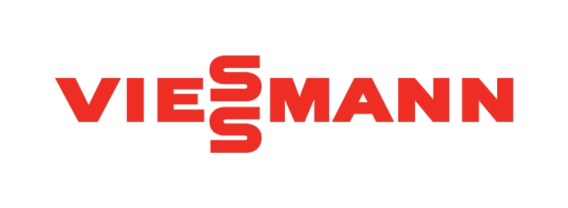
Use Case - Viessmann
Viessmann - technology leader and innovator of the heating technology industry in Europe - is a family-owned company founded in 1917. They develop and manufacture heating technology products for all energy sources and application areas.
Viessmann has successfully established measures for resource conservation, raw material and energy efficiency throughout the entire production and value chain. One of the company's lighthouse projects for resource efficiency and climate protection is "Effizienz Plus". Viessmann has invested a total of 220 million euros in the sustainability project since 2005. As a result, the consumption of fossil fuels has been reduced by two thirds and CO2 emissions by more than 80%.
It has been demonstrated how the German energy and climate policy targets for 2050 can already be achieved today with marketable technology by saving fossil fuels and using renewable energies.

We support you to optimize your eco-efficiency

Our Software for Life Cycle Assessment and Resource Efficiency
Master the challenge of achieving eco-efficiency with your products through our LCA Software Umberto.
It's integrated cost accounting optimize the sustainability of your products from an ecological and economic perspective.

Our comprehensive and holistic Sustainability Consulting Services
Come aboard and let us discover what opportunities and possibilities the analysis of your products regarding eco-efficiency has in store for you.
Together we enable sustainable production.
